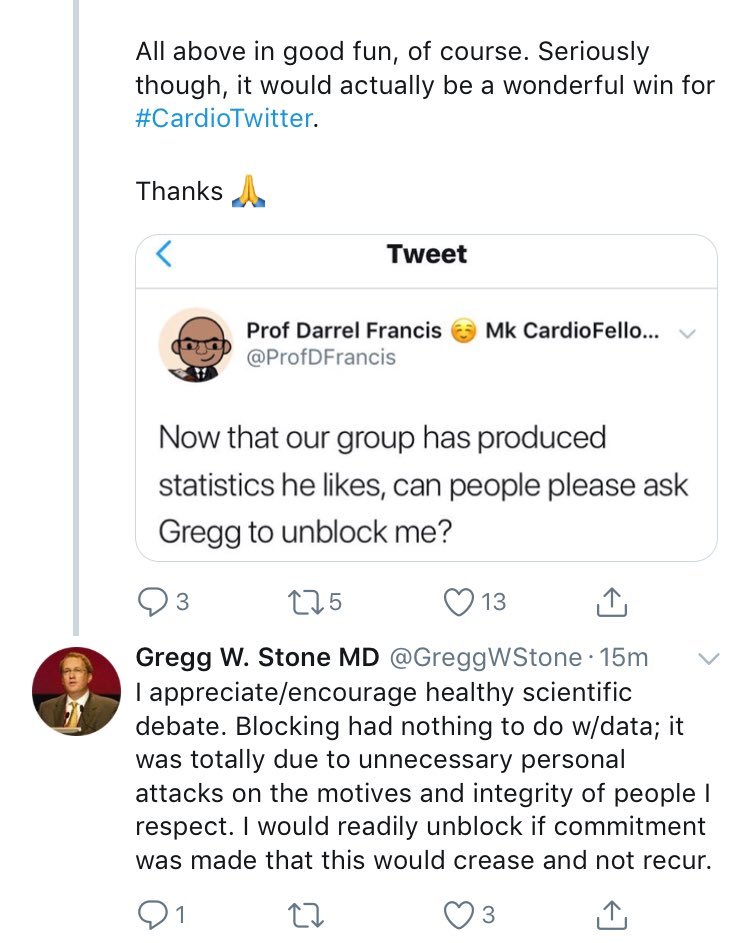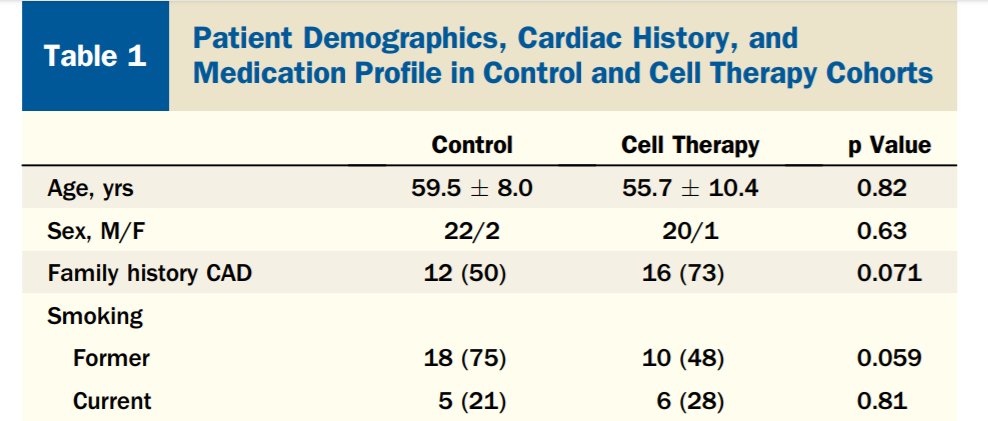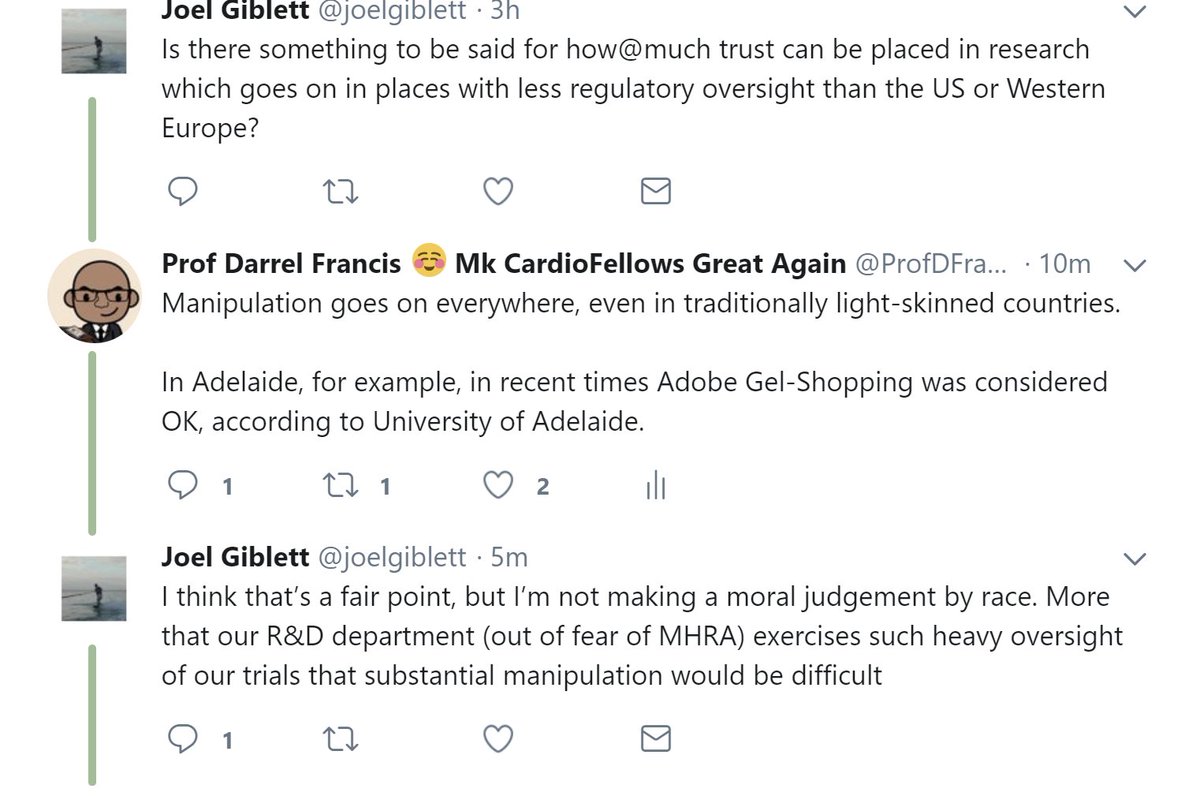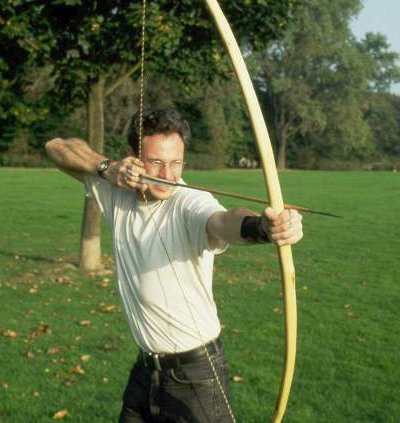MYOCARDIAL VIABILITY
================
Lazarus revisited
[Tweetorial from ORBITA-hq: "Making cardiologists think again"(TM)]
Please retweet to cardiology fellows or anyone who might be interested to practice data interpretation.
================
Lazarus revisited
[Tweetorial from ORBITA-hq: "Making cardiologists think again"(TM)]
Please retweet to cardiology fellows or anyone who might be interested to practice data interpretation.
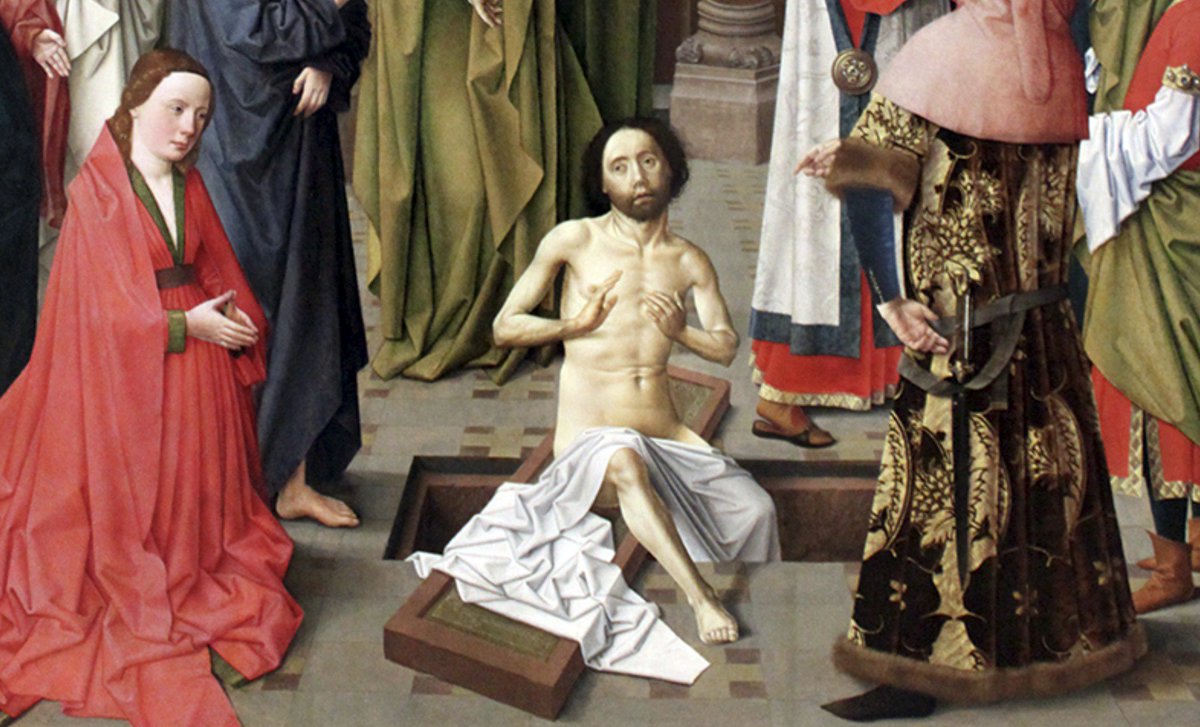
Let's start our story here, when I was first informed that viability testing saves lives. 

• • •
Missing some Tweet in this thread? You can try to
force a refresh


